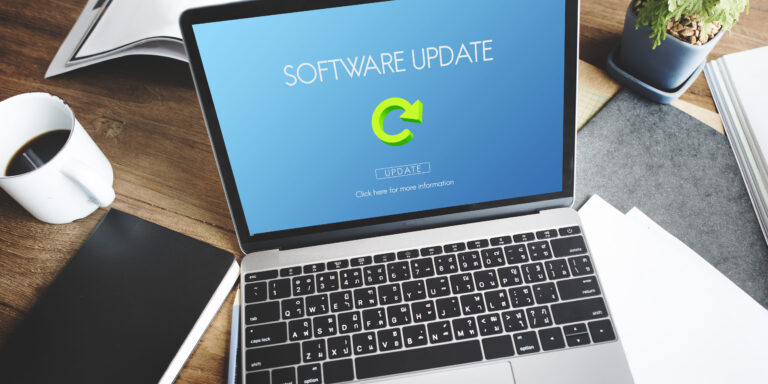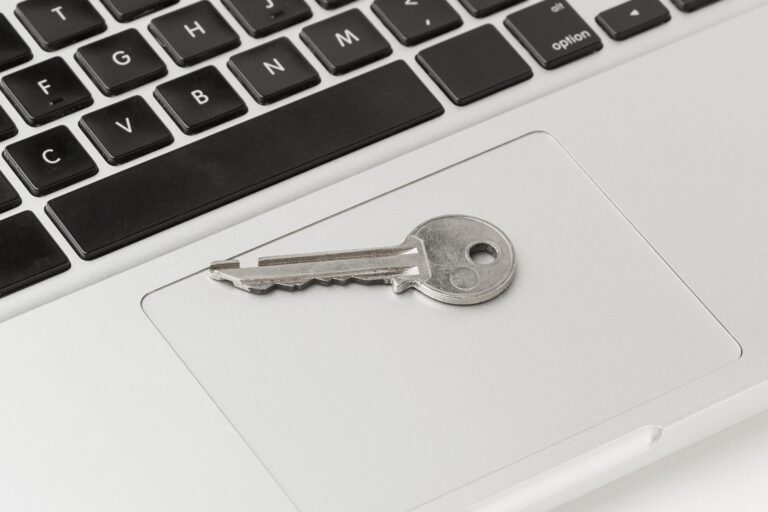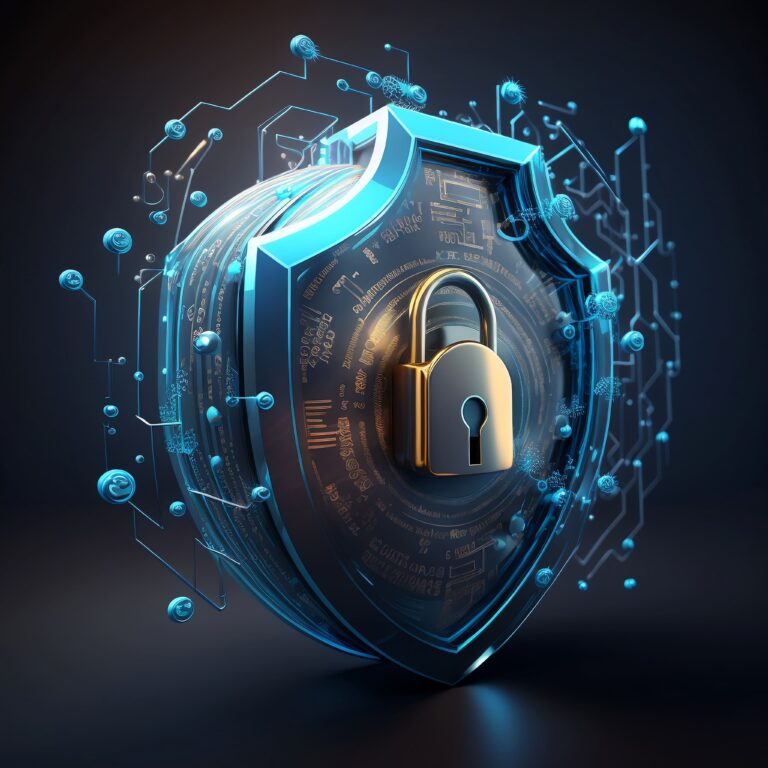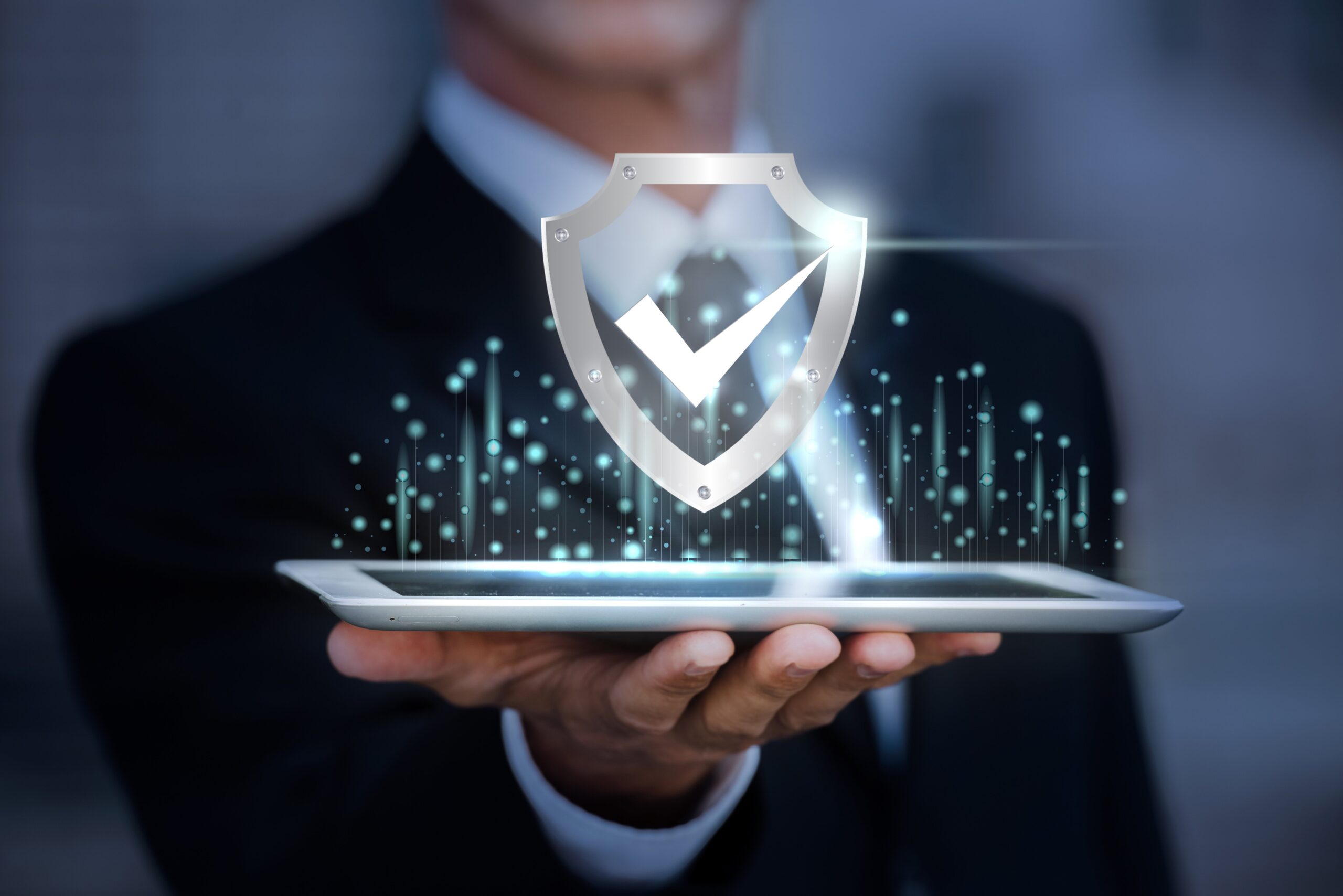Laptop Security Tips: Safeguarding Your Device and Data
Laptops have become an essential part of our lives. From personal to professional use, we rely heavily on laptops to store and access sensitive information. However, with the growing number of cyber threats, it is crucial to prioritize laptop security. In this blog post, we will explore some practical laptop security tips which help you safeguard your valuable data and protect yourself from online vulnerabilities.
1. Regular Updates:

Keeping your operating system (OS) and applications up-to-date is essential for maintaining a secure laptop. Software updates often include security patches and bug fixes. Enable automatic updates for your OS and applications, or regularly check for updates and install them. By doing so, you ensure that your laptop is equipped with the latest security enhancements, reducing the risk of potential security breaches.
2. Strong Passwords:

A strong and unique password is the first line of defense against unauthorized access to your laptop and online accounts. Create complex passwords that include a combination of uppercase and lowercase letters, numbers, and special characters. Avoid using easily guessable information such as birthdays or names. Additionally, it’s essential to change your passwords regularly to maintain security. Consider using a password manager tool to securely store and generate strong passwords for your various accounts.
3.Install a Good Antivirus:

Protecting your laptop from viruses, malware, and other online threats is paramount. Install reputable antivirus software that offers real-time scanning, automatic updates, and comprehensive threat detection and removal capabilities. Popular antivirus solutions such as McAfee or Norton provide robust protection against various types of malware. Regularly update your antivirus software to ensure it remains effective against the latest threats.
4. Use a VPN:
When connecting to public Wi-Fi networks or accessing the internet from untrusted sources, it’s crucial to use a Virtual Private Network (VPN). A VPN encrypts your online activity, preventing unauthorized users from intercepting and accessing your data. It creates a secure tunnel between your laptop and the internet, ensuring that your information remains private and protected. Choose a reputable VPN service provider and activate it whenever you’re using public Wi-Fi or accessing sensitive information online.
5. Be Aware of Phishing Scams:

Phishing scams are a common method used by cybercriminals to trick users into revealing personal information or clicking on malicious links. Be cautious when receiving emails, messages, or pop-ups asking for personal information or prompting you to click on suspicious links. Avoid providing sensitive information to unknown sources and refrain from clicking on links from untrusted emails or websites. Educate yourself about common phishing techniques and stay vigilant to protect yourself from potential threats.
Securing your refurbished laptop is essential for protecting your data and ensuring a safe computing environment. By implementing these vital security measures—regular updates, strong passwords, antivirus software, VPN usage, and awareness of phishing scams—you can fortify your refurbished laptop against potential risks. When purchasing refurbished laptops online, choose a reputable seller that offers quality products and reliable warranties. Embrace these security practices, and let your refurbished laptop become a secure haven for your digital activities.
Popular Blogs
How to increase laptop speed: simple steps to boost performance
Is your laptop running slower than usual? Want to know how to increase laptop speed? Cleaning up a slow laptop is essential to maintain its performance and ensure a smooth user experience. In this blog, we will explore some practical and effective tips to help you optimize your laptop’s speed and enjoy a smoother computing experience.





No Comments
Leave a comment Cancel